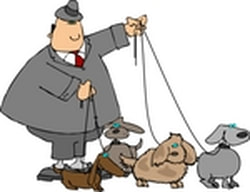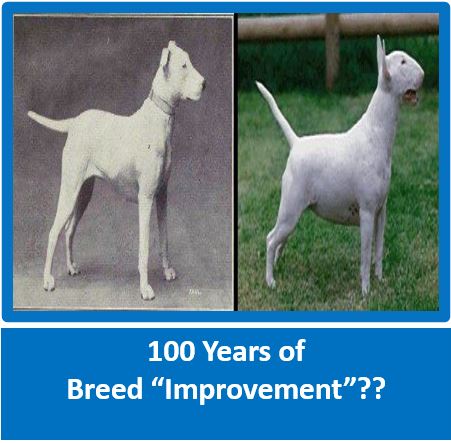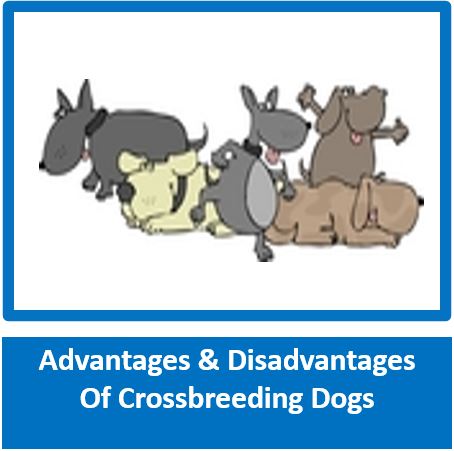
Please visit and LIKE / FOLLOW our Facebook Page and share with family, friends and on your own Facebook page, and ask them to share further – it is only by working together and sharing knowledge and education that we can improve the lives of dogs and assist owners. We do not inundate you with posts – an average of 5 per week, plus one Tip of the Week, and the odd informative post. Thank You!
My Wish List when Training Dogs - Principles that work for me
by Tersia Kock.

Having a few years of dog training and of sharing my life with dogs under the belt, I am very aware of how I learn new things about my own and others’ dogs every day. I am very aware that the answers I give may be difficult to follow, which is why I love being part of the training process – be it in a class or in an individual situation.
I am also sometimes painfully aware that the dogs are not machines, that it is not as easy as doing something once and them then understanding what is expected of them, and that they observe things we most often did not intend for them to ‘see.’
When a dog then does something I would prefer to be different, I find that the easiest explanations that people may give is that the dog is stubborn, that he is not interested and, what seems to be the flavour of the moment – s/he thinks s/he is the "alpha" in the household.
I believe, and wish, that this could come across, that we need to understand the dogs better, and that we need to respect them in the same way we want them to respect us. If you want to translate this to being the leader – then be a worthy leader.
I wish that people would look for behaviour they want, and not those they do not want. I want him not to run out the gate, or not to jump up. Let’s think of what we want – do we want a dog coming to us? Would I prefer a dog who sits and greets me calmly? Can we think in terms of a dog enjoying a walk next to us, instead of straining ahead while nobody really enjoys the walk, with the human almost skiing along.
I wish for acknowledgement of behaviour. When I call Fido and he comes, can I at least tell him that I appreciate it or that he is a good dog?
My wish list includes realistic expectations. We start teaching the dog to stay this week, and next week he is expected to stay while the gate opens. This is university level stay for a kindergarten level learner.
I wish for consistency – that the dog’s person would do the same thing when they want the same behaviour. Sometimes I lift my hand and ask you to sit, and other times I point a finger and want you to sit. And when we confuse puppy and he does not sit, we describe him as stubborn.
On my wish list is also good timing when responding to behaviour. The dog sits, and after he gets up again I start looking for the reward I was going to give him. How would he understand what I wanted, and what he is actually getting the reward for?
The last point on my wish list is that the reward would be what is important to the dog, and that humans would stop expecting the dog to do something ‘because he has to listen to me.’ Who do we really think we are? Or are we back to wanting to be the dominant ones or the pack leaders as in old fashioned training?
If we understood and respected them, we would probably realize that they are far too clever to want to rule us or the world.
Have fun with your dog, learning to understand each other.
I am also sometimes painfully aware that the dogs are not machines, that it is not as easy as doing something once and them then understanding what is expected of them, and that they observe things we most often did not intend for them to ‘see.’
When a dog then does something I would prefer to be different, I find that the easiest explanations that people may give is that the dog is stubborn, that he is not interested and, what seems to be the flavour of the moment – s/he thinks s/he is the "alpha" in the household.
I believe, and wish, that this could come across, that we need to understand the dogs better, and that we need to respect them in the same way we want them to respect us. If you want to translate this to being the leader – then be a worthy leader.
I wish that people would look for behaviour they want, and not those they do not want. I want him not to run out the gate, or not to jump up. Let’s think of what we want – do we want a dog coming to us? Would I prefer a dog who sits and greets me calmly? Can we think in terms of a dog enjoying a walk next to us, instead of straining ahead while nobody really enjoys the walk, with the human almost skiing along.
I wish for acknowledgement of behaviour. When I call Fido and he comes, can I at least tell him that I appreciate it or that he is a good dog?
My wish list includes realistic expectations. We start teaching the dog to stay this week, and next week he is expected to stay while the gate opens. This is university level stay for a kindergarten level learner.
I wish for consistency – that the dog’s person would do the same thing when they want the same behaviour. Sometimes I lift my hand and ask you to sit, and other times I point a finger and want you to sit. And when we confuse puppy and he does not sit, we describe him as stubborn.
On my wish list is also good timing when responding to behaviour. The dog sits, and after he gets up again I start looking for the reward I was going to give him. How would he understand what I wanted, and what he is actually getting the reward for?
The last point on my wish list is that the reward would be what is important to the dog, and that humans would stop expecting the dog to do something ‘because he has to listen to me.’ Who do we really think we are? Or are we back to wanting to be the dominant ones or the pack leaders as in old fashioned training?
If we understood and respected them, we would probably realize that they are far too clever to want to rule us or the world.
Have fun with your dog, learning to understand each other.




